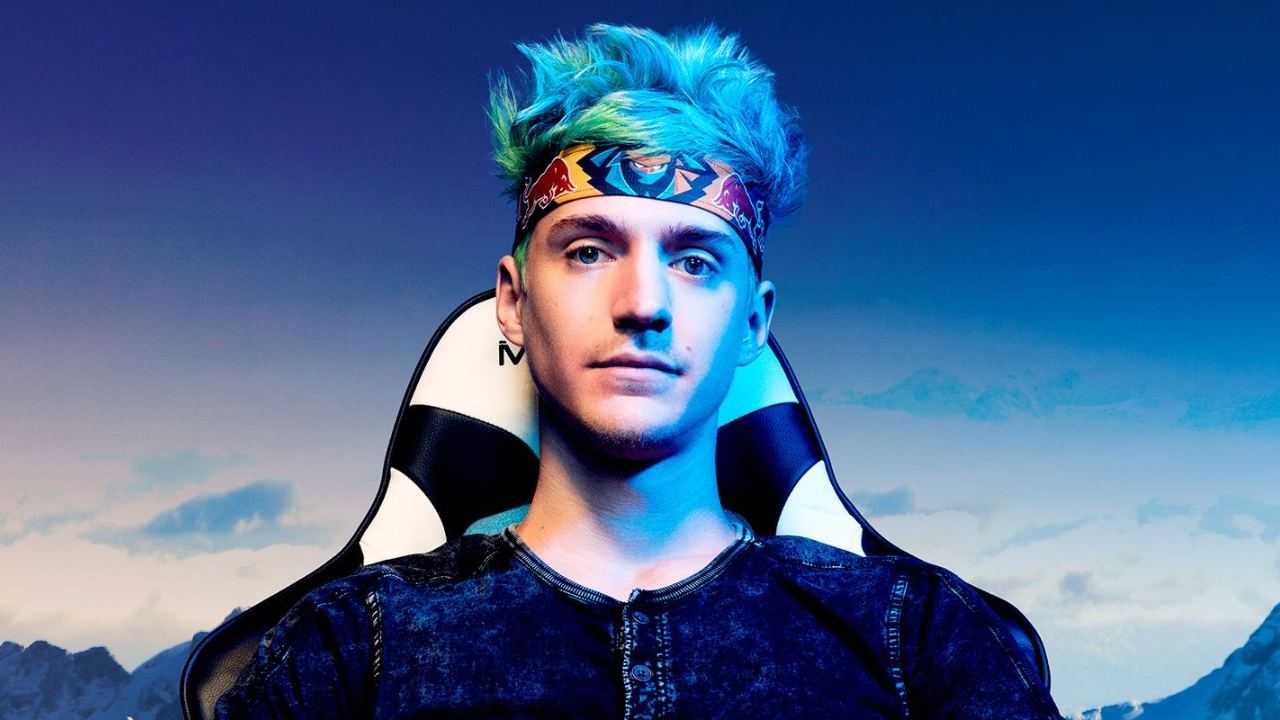Streamers, their streams and the broadcasting monopoly paradox
The world of eSports is rapidly growing, and with it comes the evolution of how audiences consume competitive gaming streamers and their content. While eSports tournaments have traditionally been broadcasted by tournament organizers (TOs), the rise of popular streamers has led to a shift in the industry landscape.
This shift is not limited to a single region; it's a global phenomenon reshaping how fans engage with eSports content. This article explores the implications of streamers monopolizing stream rights and audiences, using a specific case in Brazil as a starting point.
The "Gaules paradox": Improving the streaming scenario or monopolyzing it?
In September 2023, the Brazilian Counter-Strike (CS) community found itself in a heated discussion about the impact of a single streamer on the local scene. Gaules, a well-known Brazilian CS streamer, had acquired the exclusive broadcasting rights for Brazilian CS tournaments.
 Gaules: one of the most watched streamers of the whole world (credits: Esports.gg)
Gaules: one of the most watched streamers of the whole world (credits: Esports.gg)While this move initially seemed beneficial for Brazilian CS, it raised concerns about monopolizing the scene. Some fans felt that Gaules' presence, or lack thereof, heavily influenced viewership, potentially stifling the growth of other TOs and the overall ecosystem.
It is way bigger than Brazil: A Global perspective around this issue
The influence of popular streamers on eSports broadcasting is not confined to Brazil; it's a global phenomenon with several notable examples:
1- Ninja (Tyler Blevins) - United States
Ninja, one of the most well-known Fortnite streamers, transcended traditional streaming to secure a multi-million-dollar exclusive streaming deal with Mixer, Microsoft's gaming platform. While Mixer has since shut down, the impact of Ninja's move demonstrated the power of streamers to shape the eSports industry.
 Ninja (credits: The interpret)
Ninja (credits: The interpret)2- xQc (Félix Lengyel) - Canada
xQc, a popular streamer known for his Overwatch content, has also delved into competitive gaming as a player for the Dallas Fuel in the Overwatch League. His streaming fame provides the Dallas Fuel with a unique opportunity to engage with a massive audience and boost the popularity of their team.
 xQc (credits: New York Times)
xQc (credits: New York Times)3- Asmongold (Zack), Sodapoppin (Chance Morris) - United States
World of Warcraft is another eSports arena influenced by popular streamers. Asmongold and Sodapoppin, both renowned for their WoW content, have driven engagement in the game's competitive scene by participating in tournaments and bringing their audiences into the fold.
 Asmongold and Sodapoppin (credits: Sodapoppin)
Asmongold and Sodapoppin (credits: Sodapoppin)eSports, Streaming, and Viewer Dynamics
The dynamic between traditional eSports broadcasts and streamers is complex. Streamers like Gaules offer a more informal and interactive viewing experience, which can be highly appealing to viewers. This style often leads to higher viewer engagement and retention. However, it also means that when popular streamers choose not to cover an event, the overall viewership can plummet.
The Call for Diversity
Many argue that eSports would benefit from diversifying its broadcasting landscape. While popular streamers have their place, relying on them too heavily can lead to a lack of competition and innovation in coverage. Some believe that TOs should retain more control over broadcasting rights to ensure a balanced ecosystem where multiple voices can thrive.
The Future of eSports Broadcasting
As eSports continues to grow, the broadcasting landscape will evolve. Streamers like Gaules have undoubtedly contributed to the popularity of eSports, but a more balanced approach needs to occur. TOs, streamers, sponsors, and fans must work together to create an environment where both established figures and emerging talent can thrive. Finding the right balance between the charisma of popular streamers and the professionalism of traditional broadcasts is the key to the future of eSports.
In conclusion, the discussion surrounding the impact of streamers on eSports broadcasting happens in Brazil but is also part of a global conversation about the changing dynamics of the industry. While streamers like Gaules play a crucial role in engaging viewers, there is a growing call for diversity and collaboration within the eSports ecosystem to ensure a more sustainable and inclusive future for competitive gaming content.
